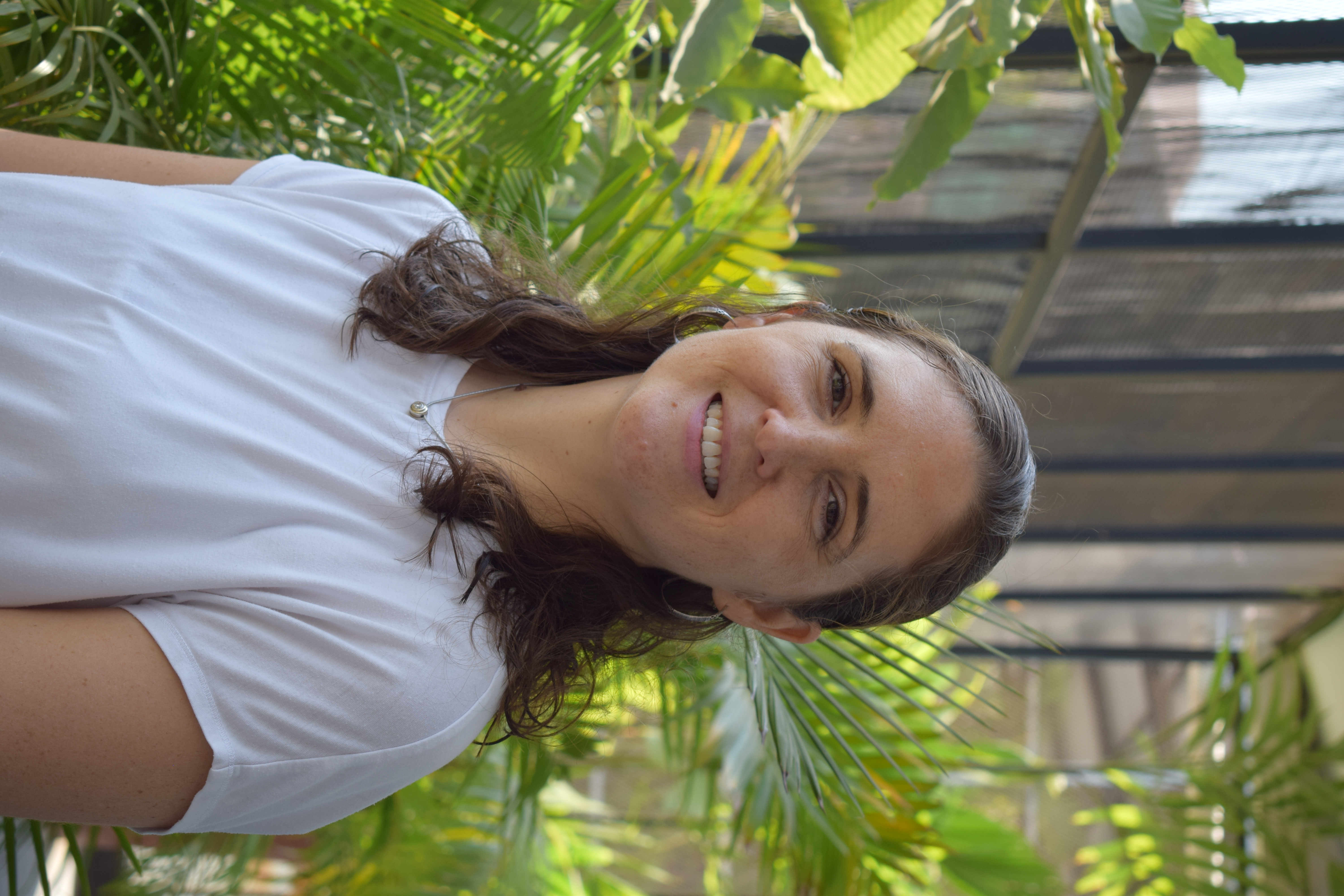Meet Our People – Laura Beckwith
The health and wellbeing of urban environments and the people who inhabit them continues to be a challenge for government and decision makers, private sector, and experts, now and into the future.
How we meet increasing demands for better water management and resources, as well as protect the local environment, is a conversation that eWater Group and our extraordinary, experienced experts are excited to be a part of.
The Australian Water Partnership, managed on behalf of the Department of Foreign Affairs and Trade (DFAT) as part of the eWater Group, plays a pivotal role in sharing and deploying Australian expertise in sustainable water management to improve water security in the Indo-Pacific region. AWP is one of the Australian Government’s flagship initiatives in natural resource management and climate resilience, helping to tackle poverty and realise the Sustainable Development Goals in our region and globally.
The importance of valuing different kinds of knowledge in water governance together with meeting our current and future needs is central to our resident Mekong Coordinator, Laura Beckwith, who represents our organisation in the region.

Who is Laura Beckwith?
Laura isn’t new to the world of water governance and sustainable water management. She holds a PhD in International Development from the University of Ottawa in Canada, specialising in urban adaptation to climate change.
She has lived and worked in the Mekong Region since 2017, leading research on community responses to socio-ecological change in the Mekong Delta. In addition to this, she also brings more than 10 years’ experience in grant and relationship management in East Africa, Canada, and the UK.
With such a broad background, how did all roads lead to the Australian Water Partnership and the eWater Group?
After five years of living in East Africa and Canada, Laura wanted to take her PhD and apply it to Southeast Asia and how their communities were adapting to an ever-changing environment. This decision led her to Cambodia where she engaged with urban farmers in Phnom Penh to understand how they were impacted by urban expansion through wetland in-filling alongside environmental change, such as flooding, increase in temperature, and variability of storms as part of the regional Urban Climate Resilience in Southeast Asia (UCRSEA) project. Laura’s research highlighted the importance of urban wetlands to food security, livelihoods, and wastewater management.
Water is such a significant part of Cambodia’s identity, and with Phnom Penh being built on three major rivers, the sustainable management of water and its resources is critical. “Water is such an important part of the history of the city, you can’t work or study here, or even live here, without your work or life touching water one way or another; it influences the city.”
Your work at the Australian Water Partnership
Laura now supports our efforts in the Mekong region by providing a regional perspective and expertise on the ground including insights and challenges as well as managing projects and engaging with local government and water experts in country. AWP will also work closely with Mekong Water Solutions, a new initiative also funded by DFAT aimed at establishing better water technical and multi-disciplinary project management skills within the Mekong region itself.
“I love the variety of the role, the challenges; I am doing different things every day. I love that I am working in the region in different contexts, including Cambodia and Vietnam and now I am having the opportunity to learn about the diversity and challenges of Laos. It is exciting.”
“It is exciting for me to be working for an organisation that is engaging with governments in a meaningful way. It is important that governments and local and national institutions are leading the way on conversations and responses to water resources and challenges facing the water sector.”
One invaluable insight for Laura was her recent engagement with local water experts who were appreciative of AWP’s technical support and collaborative approach, which was supporting their efforts to deliver successful water projects in the region.
It is this feedback that drives Australian Water Partnership and its experts to continue to do the work that they do; being represented in the region provides support to the success of our organisation but importantly to the protection of our most precious resource – water.
So how do we protect our water resources now and into the future?
For Laura, one of the many challenges we face right now is planning for a future we don’t know, and how we put in systems now for a tomorrow. “Global environmental change and particularly climate change is creating a lot of uncertainty which will challenge the way we use and manage water.” A challenge all humans, governments and institutions need to consider as demand for natural resources continues to grow.
Laura believes the Australian Water Partnership approach of working together with local government and institutions is the best way forward to have lasting change.